
British Lithium, in St Austell, Cornwall, was set up as a pilot plant in 2022 to produce batteries for electric vehicles (Alamy)
5 min read
The critical minerals industry is widely seen as a “test case” for Britain’s role in the world, as experts and MPs warn the government against “rushing” into trade agreements with China.
The government’s industrial strategy, expected in spring, is regarded as a key part of the prime minister and chancellor’s mission to grow the economy. A critical minerals strategy will also run alongside it, looking at both domestic and international policy.
China currently dominates the global production and refining of critical minerals. Last weekend, chancellor Rachel Reeves visited China to develop “opportunities for safe trade and investment”.
There are concerns that the UK could be vulnerable to global shocks if too reliant on China for critical minerals, and there is growing scrutiny over the role of Uyghur forced labour in the extraction of minerals in China. Investigations have found that 45 per cent of the global supply of polysilicon, a key component of solar panels, for example, is extracted using forced labour in Xinjiang province.
Some MPs want the UK to focus more on the domestic production of critical minerals while diversifying the countries that the UK trades in minerals with. This week, trade minister Sarah Jones visited Saudi Arabia to sign a critical minerals partnership that could help strengthen the UK’s supply chains.
Noah Law, Labour MP for the Cornish seat of St Austell and Newquay, has been among those feeding into the consultation for the UK’s industrial strategy.
“The critical minerals strategy is almost a test case or a model case of how we should be thinking about our competitive industrial strategy and global competitiveness,” he told PoliticsHome.
“We’re never going to dominate this industry globally. But can we be self-sufficient? And can we be a critical trade partner for European nations looking to secure their energy independence? Absolutely.”
Law has a vested interest here: his constituency in Cornwall has a long history of mining for minerals. With the region’s economy now largely dependent on tourism and agriculture, Law wants to see investment and infrastructure brought into Cornwall to boost the domestic critical minerals industry and bring more secure, long-term, and skilled jobs to the area.
“If you can’t succeed in Cornwall, I don’t know where you can in the UK with this industry,” he said.
The Labour MP stressed, however, that local people must feel the positive effects of investment and that he wanted “tangible benefits” before the next general election.
“People do expect to see that tangible benefit coming into the community. I have no issue calling on the industry to go hell for leather in its social and community obligations.”

Multiple experts say that the UK is behind in the race to secure its critical minerals supply chains. Felix Cazalet, a policy fellow at Labour Together – a political think tank closely linked with the current No10 administration – authored a report in December on the need for a more focused critical minerals strategy.
“The UK’s last strategy was too slow, too general and given too little support – the new strategy is a chance to fix this with a tailored and targeted approach,” Cazalet told PoliticsHome.
“This matters because while critical minerals are needed to deliver the UK’s growth, security and green ambitions, supply chains often face a variety of risks.”
However, he said de-risking supply chains could be “expensive” and therefore the UK needed to take a “pragmatic, realistic approach that is laser-focused on the key things we really need and are good at”.
“Critical minerals are a clear test case for the need to have joined-up strategic thinking across many areas of domestic and international policy, including economic, business and trade, energy, foreign, development and defence policy,” he said.
Dan Marks, a research fellow in energy security at the Royal United Services Institute (RUSI) think tank, described the critical minerals industry as a “longer term, strategic problem”, but said it was not the “immediate national security concern that it’s often made out to be”.
However, he agreed it would be an important challenge to determine how the UK wants to engage with other countries.
“You can’t have one country, especially a country like China, which we have a very ambiguous, ambivalent relationship with at the moment, controlling the key energy technologies underpinning the entire global economy and future,” he said.
“It’s not sensible from a risk perspective. The question, fundamentally, is how do you have a strategy that both accounts for China as an adversary and China as an investor and trade partner?”
A Labour MP, who did not want to be named, said: “Everything needs to be rooted in Britain’s role in the world”.
They described the UK government’s current approach to China as “pretty shortsighted” and said they were concerned that there was no coherent vision for how to make UK supply chains resilient to potential future shocks – especially if, for example, China invades Taiwan and triggers a global conflict.
Both Marks and Cazalet suggested there could be an opportunity for the UK to “lead and build coalitions” by becoming a hub for responsible mining investment, as London is already world-leading in financial services.
Referring to the chancellor’s recent visit to Beijing, Marks said he was concerned the UK government was “putting the cart before the horse”.
“They’ve got a big China review happening in government, where they’re meant to be thinking about all these things… so it seems a bit early to rush over there. We need to think very carefully about China’s place, especially with Donald Trump about to come in [as US president].”
PoliticsHome Newsletters
PoliticsHome provides the most comprehensive coverage of UK politics anywhere on the web, offering high quality original reporting and analysis: Subscribe











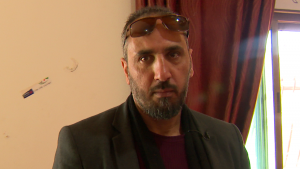
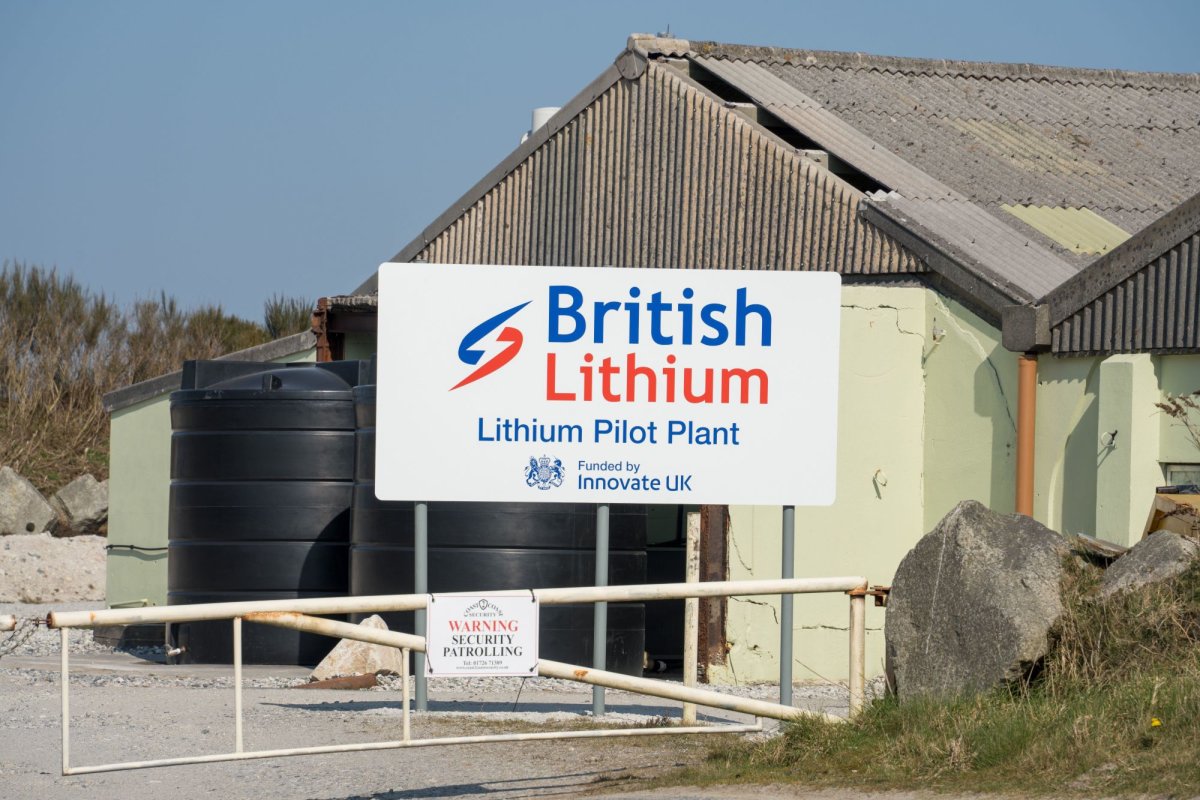

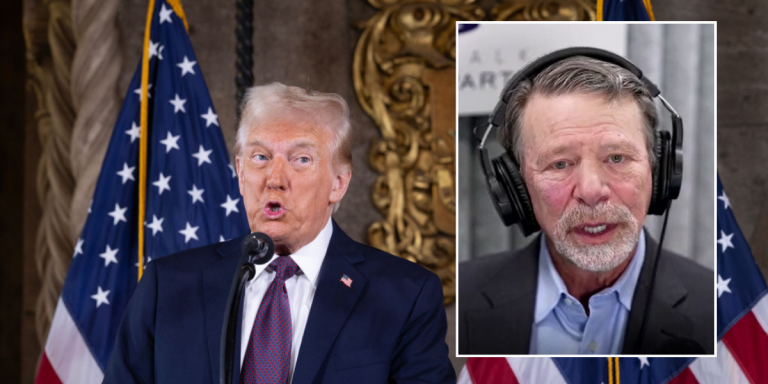
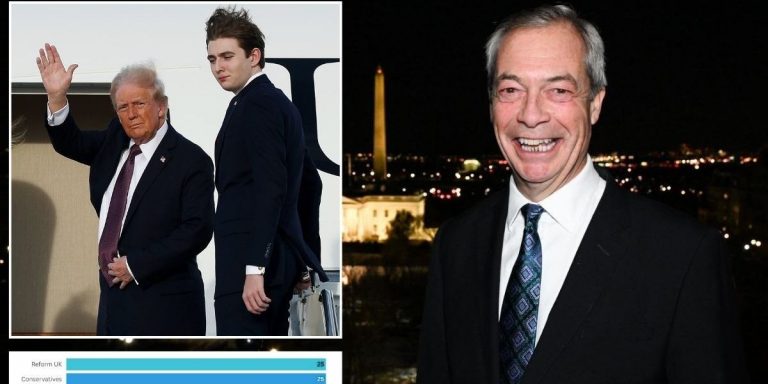
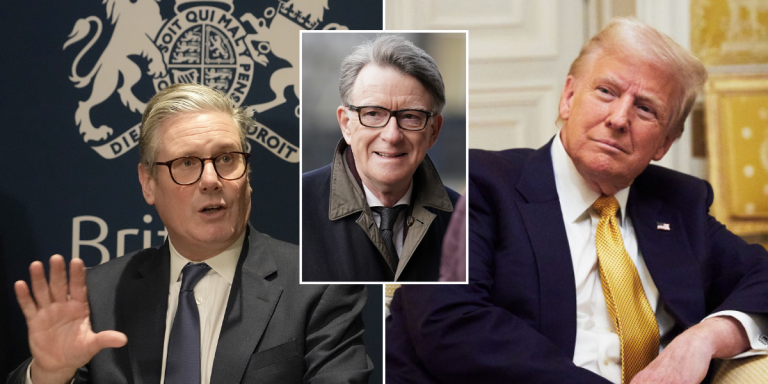








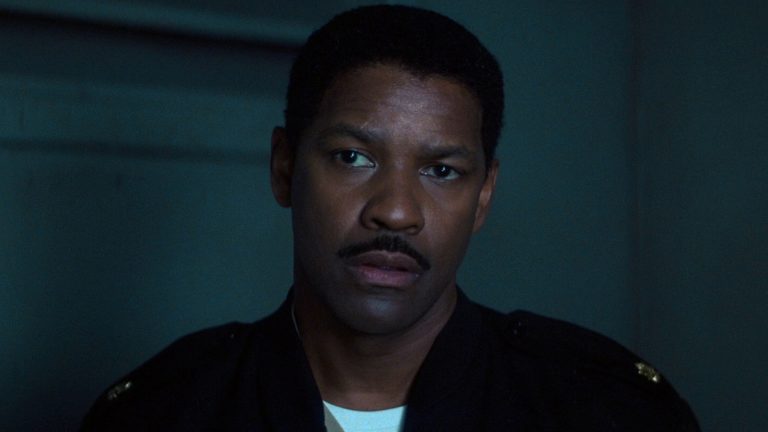
+ There are no comments
Add yours